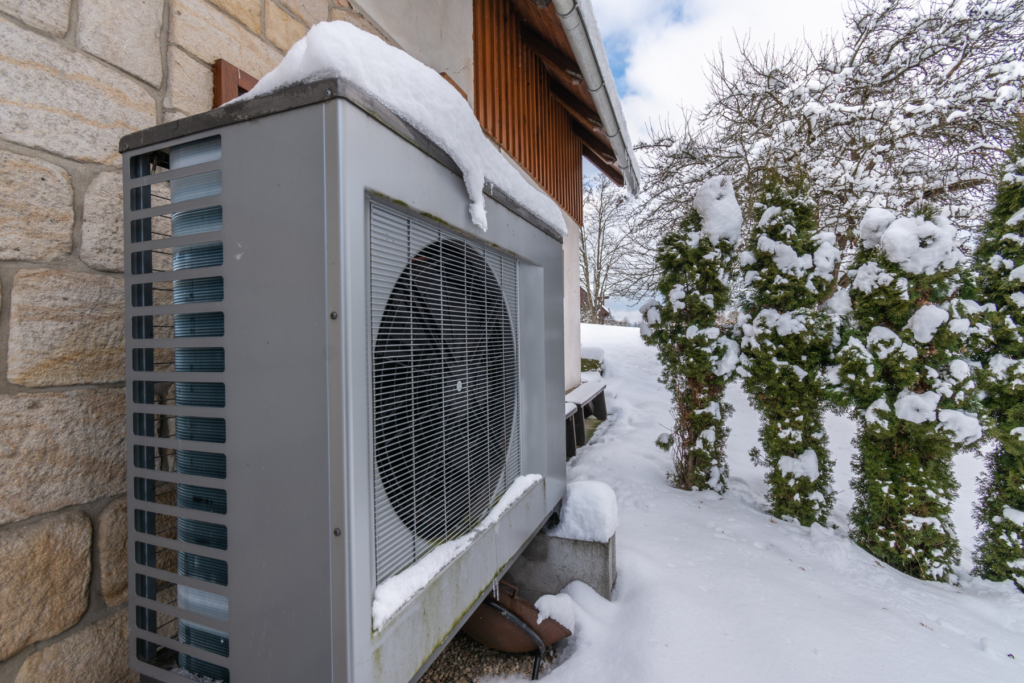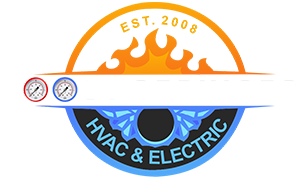Heat Pumps Efficiency For Winter, Myths Debunked For 2025

TL;DR Summary for Those in a Hurry: As the chilly winds of winter begin to blow, homeowners and businesses alike turn their attention to efficient heating solutions. Heat pumps have emerged as a popular choice, providing both heating and cooling capabilities. However, misconceptions persist about their efficiency, especially during the colder months. Many homeowners still […]

